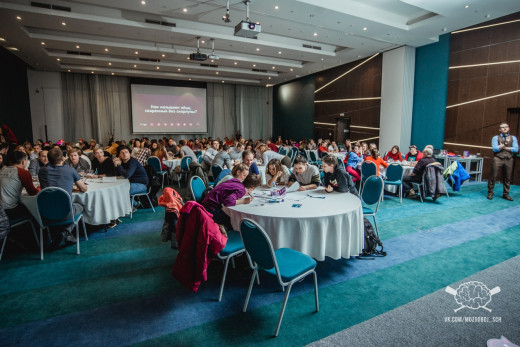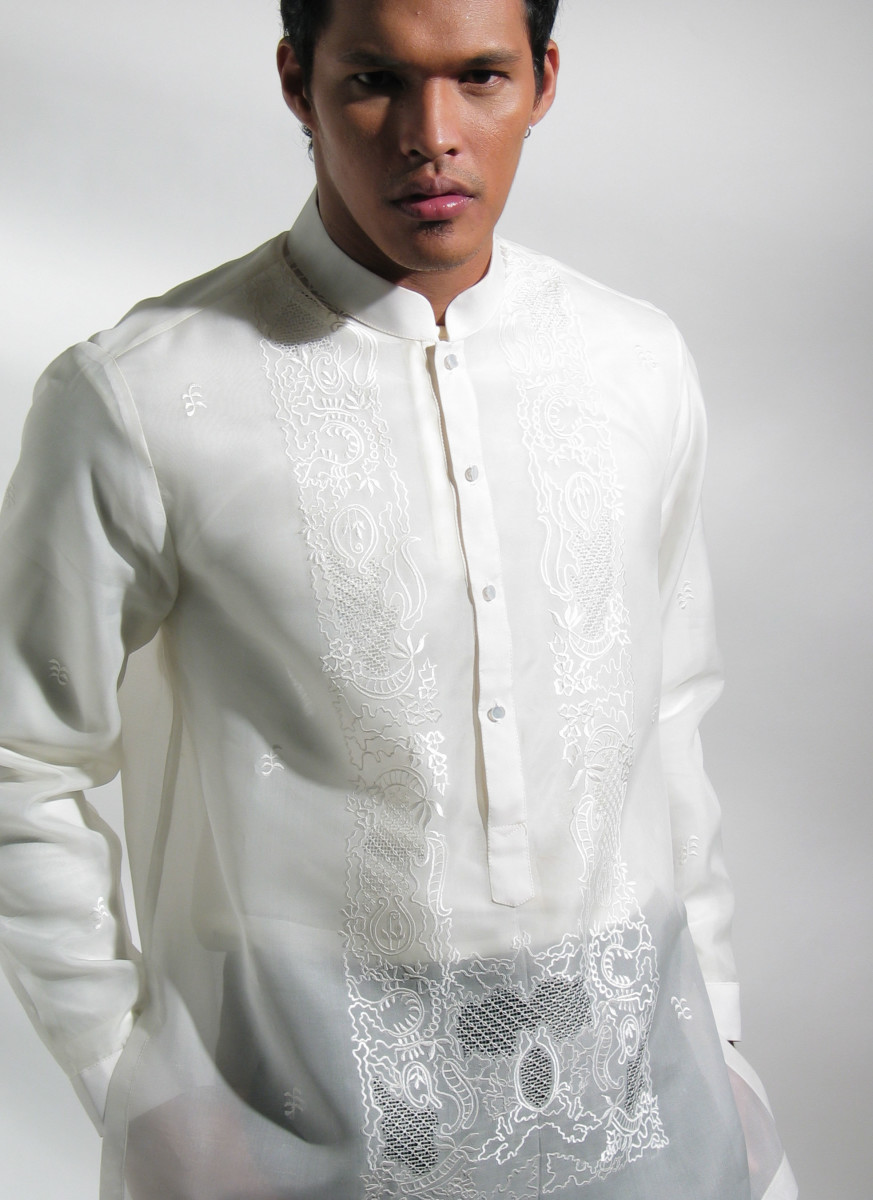Pub Quiz: Types of Brain Battles' Players
Numerous Participants of Pub Quiz in Sochi

Pub Quiz: Entertainment or Mind Blowing?
What is Pub Quiz?
Surely, each of you has heard about pub quizzes or took part in them. A brilliant idea to attract customers to bars and pubs on days with low attendance was successfully implemented by British daredevils in the 70s. 7 rounds, 40 inferential and accurate knowledge questions and over 50 participants in each game, even in small cities. The pubs carefully prepare a special menu for players that allows you to satisfy hunger without distracting from the intellectual battle. As a result, each guest leaves at least 10 dollars in the bar.
A Few Intellectual Trivia's Statistics
According to the Quizmaster website, more than 40% of UK bars and pubs organized intellectual games in their establishments in 2009. Moreover, most of the quizzes were held on Tuesdays, and in 70% of cases, the admission fee was not charged. The distribution of this format of entertainment throughout Europe and further around the world began already in 2010.
We’ve been interested in what makes people voluntarily strain their brains, pay money for it, and what factors affect the successful or failed game of the team and its participants.
To get started, let's look at the types of players. Officially, there are only 3 types of participants - captain, the basic main player (regular participant) and legionnaire (temporary player). In fact, everything is much more interesting.
Pub Quiz Player Typology:
“Intellectual of the 10th generation”
He cracks most of the questions like nuts, especially successfully copes with questions about accurate knowledge, submits more than 2 possible options for discussion for each question. Typically, the proportion of such players in a team is from 10 to 13 %.
“King of Brainstorm”
This kind of player takes an active part in the discussion, throwing a million options, including the most delusional. If any of his ideas turn out to be true, he enthusiastically shouts, “But I said.”
“Enemy”
This is a person who urgently needs to use the phone during the discussion of the issue: make a call, send a message or just poke in the screen. At this moment the whole team falls upon the poor fellow with indignant exclamations, because this action is punishable by a fine in all quizzes.
"Spy"
This is the main goal of the player is to confuse neighbouring teams, shouting deliberately false answers, as well as to eavesdrop on the discussion of these teams in case of worthy versions.
“Doping-man”
At first, he actively discusses issues, but at the same time, he cannot tear himself away from eating the ordered dishes. As a result, by the second half of the quiz, his mental activity decreases, the performance coefficient tends to zero.
“Secretary”
This is a person who does not take an active part in discussing issues, but he writes down wording in detail and calculates the total points for each round and the game as a whole.
It is equally bad when sworn enemies, best friends, or even married couples take part in the quiz. The nature of interpersonal relationships affects the degree of objectivity in choosing the final version of the answer.
Based on the psychological characteristics of people, a team can include audiles, visuals, men with technical or intuitional backgrounds, humanitarians, and universal players. When the team regularly takes part in quizzes with permanent personnel, participants learn to combine these roles. But with a high turnover of participants, the results of the team deteriorate. Any team has to play for a long time with a new roster.
Is the More the Better in the Brain Battle?
It should be noted that the rule “The more the better” does not always work in pub quizzes. The maximum possible number of players varies from 8 to 12 participants. However, in the context of the pub quiz with the constantly changing team roster, it is quite difficult for the captain to single out the versions appearing among the team’s members, to understand how confident the player who submitted the version is, and, ultimately, to choose the most suitable answer for just one minute.
Of course, there are ideal situations when the composition of a large team is stable and does not change for at least a season when the team has more than 40% of intellectuals, and each member of the team takes the game seriously enough so as not to get distracted from the discussion of the issue. If all these conditions are met, the team will take prizes in each game with a probability of 80%.
What do a Pub Quiz and Expedition to Everest Have in Common?
As in any other groups, whether it is an expedition to Everest or a school class, there is a close relationship between the cohesion of the team and its success. The more a team relies on collective thinking, the greater its achievement. This hypothesis is not universal. Of course, the comparison of the quiz team with the high-altitude expedition is rather arbitrary, however, in the first and second cases, at some point, the participants are faced with extreme situations. Of course, the quiz does not raise the question of survival, but there are tours when you need to give an answer in 13 seconds, and if it turns out to be incorrect, you lose all the accumulated points. In this case, as during a mountain climb, you need to rely on the professionalism of individual team members.
In the next article, we will analyze the motivation of the team’s members of pub quizzes. Hope, this topic is interesting for you.








